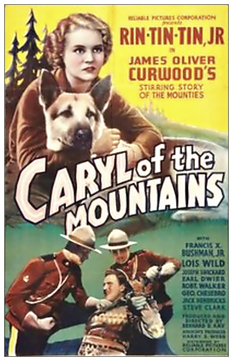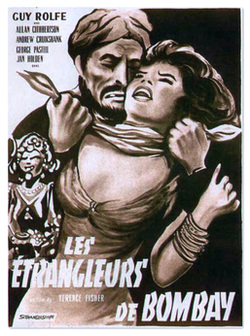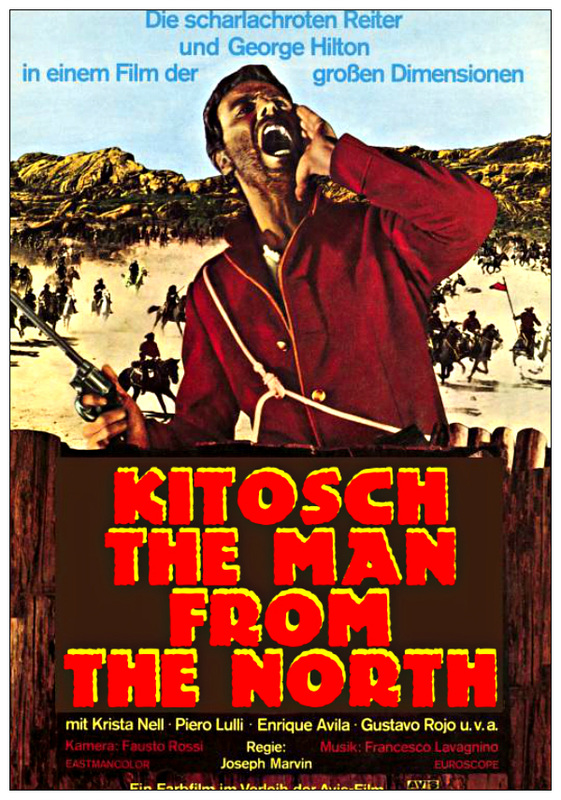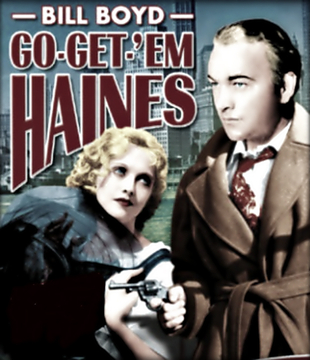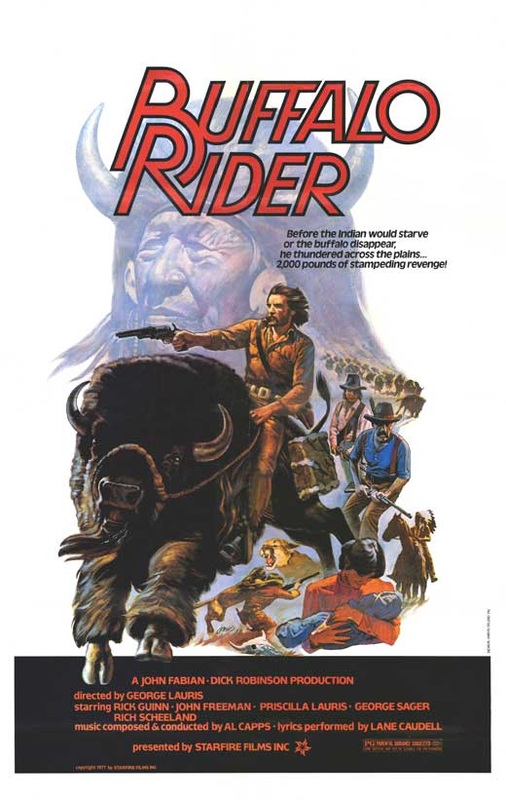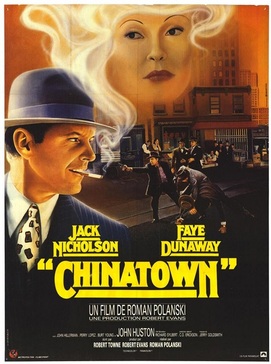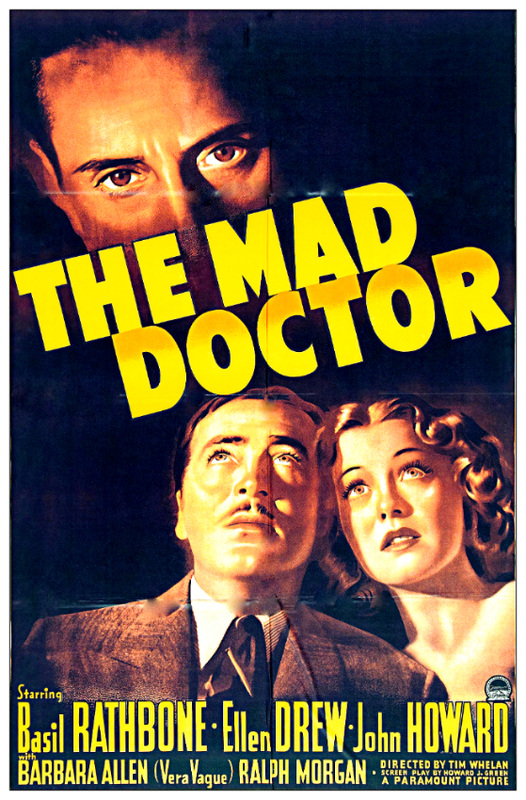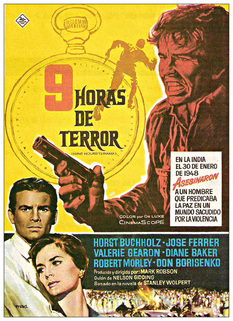
I have to admit, having written that, that Horst Buchholz (a German guy), Jose Ferrer (from Puerto Rico) and Robert Morley as Indian people (especially the extremely British Robert Morley), threw me off at first. Horst had pulled off a Mexican pretty well in THE MAGNIFICENT SEVEN, but his role here as an Indian guy, initially at least, burned my eyes a bit. I did give it a chance though, as the location and subject matter are dear to me; I've been to Pakistan and India (India as recently as a year ago), and to see a film in this setting is totally my cup of darjeeling.
Here's a nutshell, non-spoiler synopsis:
It's a period of fear for Ghandi-ji's life at this stage. Superintendant Das, played by Jose Ferrer, is under pressure to keep Ghandi-ji safe; that means interrogations and arrests. On top of that, Ghandi-ji refuses to take added measures to keep himself out of harm's way, which, in his mind, would distance himself from the people. The heat is on, so to speak. Buchholz's character, Nadsuram Godse, is a lost young man without a real purpose in his life; a disappointment to his father, he is looking for meaning wherever he can find it. Unfortunately he lacks the intelligence and self-awareness to get what he wants. His failures are a constant source of frustration to him, until his addled mind comes to a conclusion...that, in spite of the stalwart efforts of Ferrar's Superintendant Das, Ghandi-ji must die.
It seems to be the way of the world, then, as now.
Overall, I found this film fascinating and well done. Buchholz overdoes the 'wild-eyed young man' thing a bit, but I thought it was within acceptable parameters. Ferrar was the rock during the whole thing. His gravitas carried the story along where a lesser presence might have failed, and if I'm being honest, he passed as a Desi guy pretty well, in spite of actually being originally from Puerto Rico (Desi is a catch-all term for people from Pakistan, India, Bangladesh, etc.). He reminded me a great deal of my friend and former landlord Munir, who is not without a good chunk of gravitas himself. Indian actor & writer J. S. Casshyap, who played Ghandi-ji, was absolutely stunning. He was almost like a photo come to life, and he radiated the kind of goodness that made Ghandi-ji one of the great heroes and role models of modern times. A few times I even had to remind myself that he wasn't actually the real Ghandi!
The film does a great job of giving us the feeling of that period. Filmed in various locations in India, it showed the colourful, crowded streets, the dazzling hodgepodge of cultural types, with some fantastic music (any film that starts with a Thani Avartam, which is a South Indian drum solo, gets my attention right away; there were the South Indian drums Mridangam ;double-headed barrel drum], the Kanjira [small frame drum] & Ghatam [clay pot drum], along with the unlikely addition of the north Indian Tabla), and a feeling of change that comes off as palpable and dramatic. Speaking of starts, btw, NINE HOURS TO RAMA has possibly the most excellent titles known to cinema, period. there is as much drama in the titles alone as the average movie has in total...very interesting and captivating.
Fans of British empire films, Indian cinema and solid drama should really try to see this. It's fantastic, and it tells a story that many people, Americans at least, know little about.
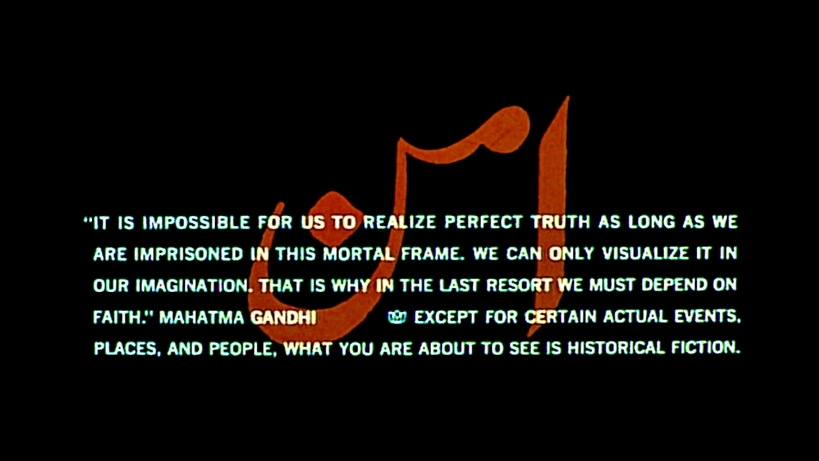
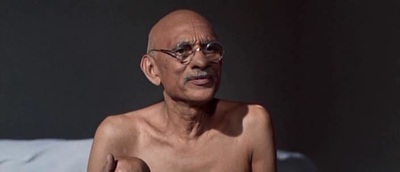
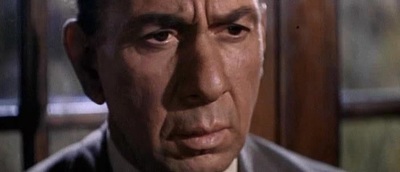
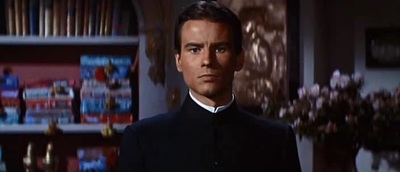
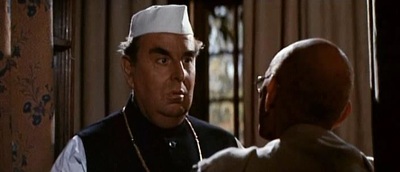
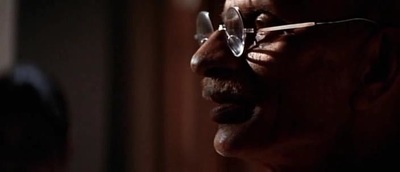
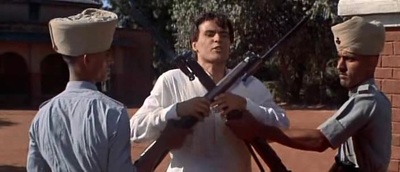
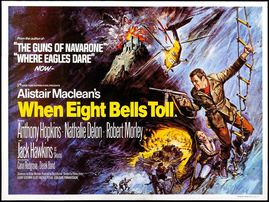
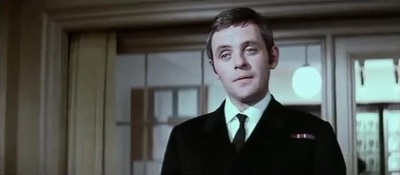
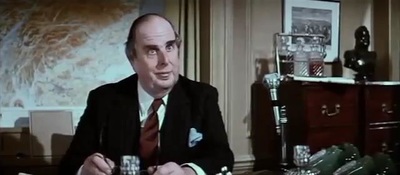
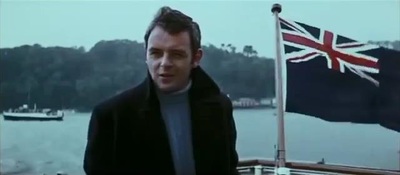
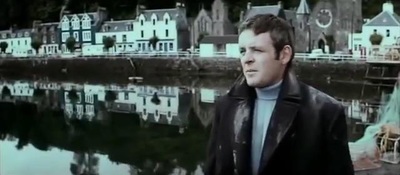
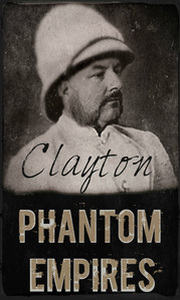
 RSS Feed
RSS Feed
